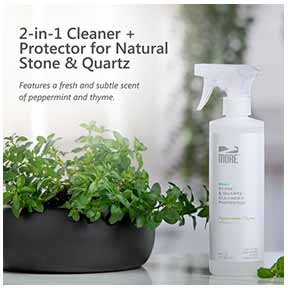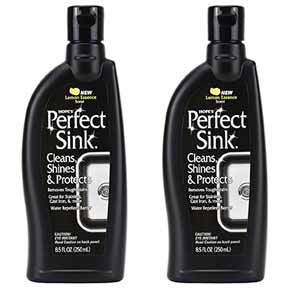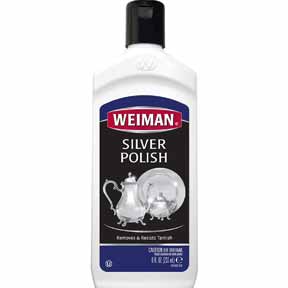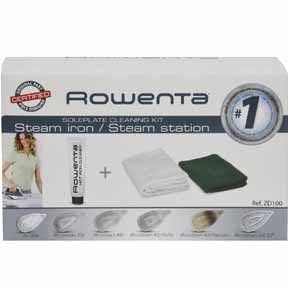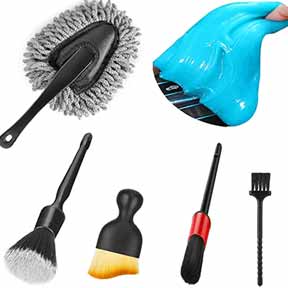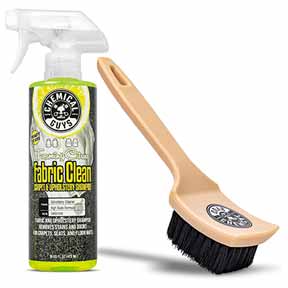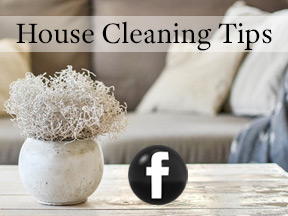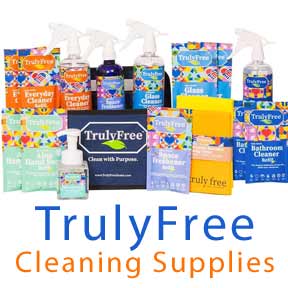How to Clean Jewelry at Home
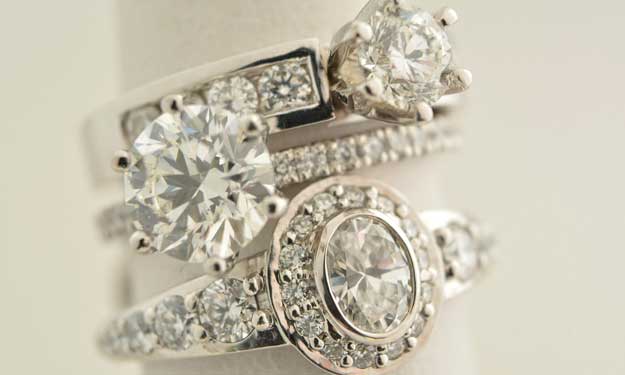
Tips for Cleaning Jewelry
Keeping your jewelry clean and knowing how to clean jewelry at home will help it shine like new. Rings, earrings, necklaces, and bracelets can accumulate a fine layer of grime from skin oils, sweat, dirt, and lotions. Over time, this buildup dulls the sparkle and beauty of your favorite pieces.
Cleaning your gold, silver, diamond, and pearl jewelry with the right tools and techniques can help them stay beautiful for years to come.
And let’s be honest – everyone loves shiny, sparkly jewelry!
Important Note Before Cleaning
Most jewelry can be safely cleaned at home, but delicate, antique, or heavily worn pieces may require special care. If you’re unsure about a piece’s durability or materials, it’s best to consult a jeweler before using any cleaning solution.
Check these areas before cleaning
- Settings, prongs, and tips (to ensure stones won’t come loose)
- Clasps and fasteners (to avoid breakage)
How to Clean Jewelry at Home (General Method)
This basic method works well for gold, diamonds, and durable gemstones.
You’ll need:
- Isopropyl alcohol
- Ammonia
- Water
- Soft toothbrush or nail brush
- Microfiber or chamois cloth
Steps:
- Soak gold and diamond jewelry in isopropyl alcohol for 2 – 3 hours to break down oils.
- Rinse thoroughly with cool water.
- Mix a cleaning solution:
- 1/2 cup water
- 1/2 cup ammonia
- Dip a soft-bristled toothbrush in the solution and gently scrub the jewelry.
- Be sure to clean around grooves, prongs, and crevices.
- Rinse well in cool to warm water.
- Let the piece air dry.
- Polish gently with a clean microfiber, terry cloth, or chamois for extra shine.
Avoid:
- Abrasive materials (which can scratch metals and gems)
- Harsh chemicals (unless specified for your jewelry type)
Cleaning Delicate Jewelry & Soft Gemstones
Delicate jewelry and soft gemstones (like opals, turquoise, tanzanite, or filigree pieces) need extra care.
Preferred Method for Delicate Jewelry
- Mix a few drops of mild dish soap with warm water.
- Dip a soft toothbrush or cloth into the soapy water.
- Gently clean the piece without scrubbing too hard.
- Rinse carefully and pat dry with a soft cloth.
Do NOT use:
- Ammonia
- Alcohol
- Ultrasonic cleaners (unless a jeweler says it’s safe)
Cleaning Silver Jewelry
Silver can tarnish over time, especially when exposed to chlorine (like in pools or hot tubs). Ammonia should be used sparingly.
To Remove Tarnish
- Mix:
- 2 teaspoons liquid dish soap
- 1 teaspoon household ammonia
- ¼ cup water
- Dip a cotton swab or soft cloth into the solution.
- Gently rub the tarnished areas.
- For stubborn tarnish, soak the piece for up to 30 minutes.
- Rinse thoroughly and dry with a soft cloth.
Tip: Store silver in airtight bags to slow down tarnishing.
Cleaning Pearls
Pearls are very delicate and can be damaged by nearly all cleaning agents.
Best method:
- Wipe gently with a soft, damp cloth after each wear.
- To restore luster, rub lightly with a small amount of olive or vegetable oil, then wipe clean.
Never use:
- Ammonia
- Alcohol
- Detergents
- Commercial jewelry cleaners (unless labeled safe for pearls)
- Hairspray or perfume directly on pearls
If your pearls need a deeper clean, take them to a jeweler – especially if they’re strung, as wet string can stretch or weaken.
Tips for Keeping Jewelry Clean
- Remove jewelry before swimming, exercising, or applying lotions/perfume.
- Store in separate compartments to avoid scratches.
- Clean regularly to prevent buildup that’s harder to remove over time.
By following these jewelry cleaning methods, you’ll keep your pieces looking beautiful and lasting longer.
Related Articles
Car and Household Cleaners
